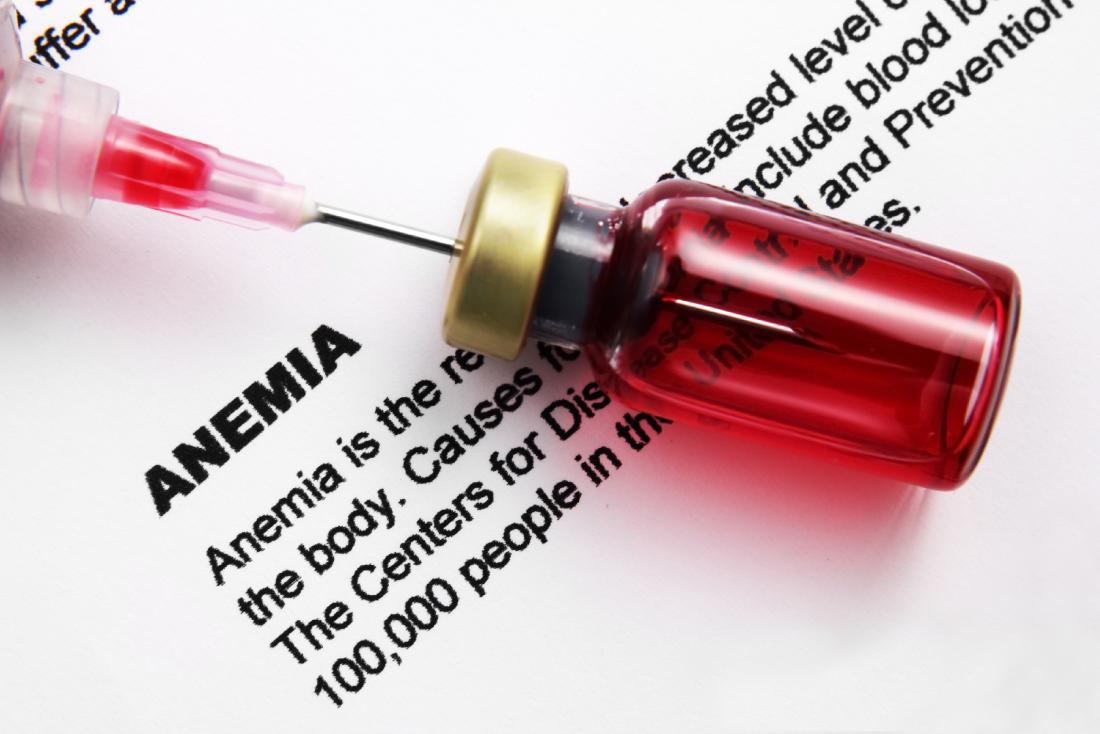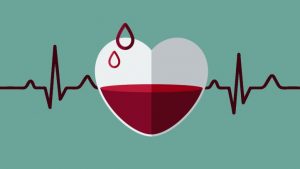Are you anemic, what are the symptoms of anemia?

Are you anemic, what are the symptoms of anemia?
Symptoms of anemia vary with the type of anemia, severity, and any underlying health problems, such as bleeding, ulcers, menstrual problems, or cancer. You may notice specific symptoms of these problems first.
The body also has a remarkable ability to compensate for early anemia. If the anemia is mild or has developed over a long period of time, you may not notice any symptoms.
Common symptoms of many types of anemia include:
Fatigue and loss of energy
Unusually fast heartbeat, especially with exercise
Shortness of breath and headache, especially with exercise
Difficulty concentrating
Dizziness
pale skin
leg cramps
Insomnia
Other symptoms are associated with certain forms of anemia.

Iron deficiency anemia
People with iron deficiency may have these symptoms:
A hunger for foreign matter such as paper, snow, or dirt (a condition called pica)
curvature of nails
Mouthache with cracks in the corners
Vitamin B12 deficiency anemia
People whose anemia is caused by a vitamin B12 deficiency may have these symptoms:
A tingling, "pins and needles" sensation in the hands or feet
loss of sense of touch
Wobbling gait and difficulty walking
Clumsiness and stiffness in the arms and legs
mental illness
Anemia caused by the destruction of chronic red blood cells
Chronic red blood cell destruction anemia may include these symptoms:
Jaundice (yellow skin and eyes)
urine redness
leg ulcers
Failure to thrive in childhood
Symptoms of gallstones
Sickle cell anemia
Symptoms of sickle cell anemia may include:
fatigue
susceptibility to infection
Delayed growth and development in children
Episodes of severe pain, especially in the joints, abdomen and extremities
Talk to your doctor if you have risk factors for anemia or notice any signs or symptoms of anemia, including:
Persistent tiredness, shortness of breath, fast heartbeat, pale skin, or any other symptoms of anemia.
Poor diet or insufficient food intake of vitamins and minerals
heavy menstrual periods
Symptoms of ulcers, gastritis, hemorrhoids, bloody or tarry stools, or colorectal cancer
Concern about environmental exposure to lead
Hereditary anemia runs in your family and you would like to get genetic counseling before you have a baby
For women considering pregnancy, your doctor will likely recommend that you start taking nutritional supplements, especially folic acid, even before you become pregnant. These nutritional supplements benefit both the mother and the baby.






